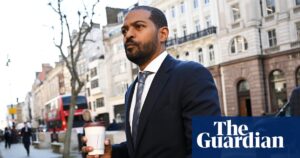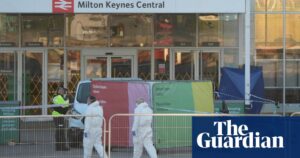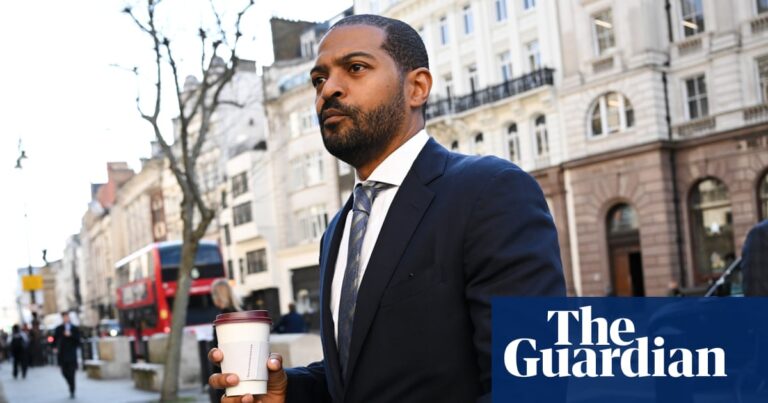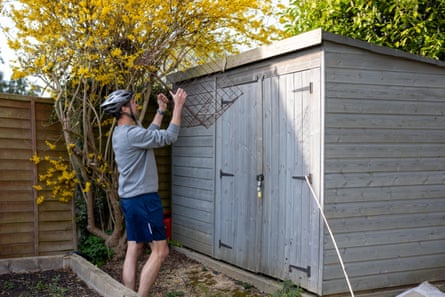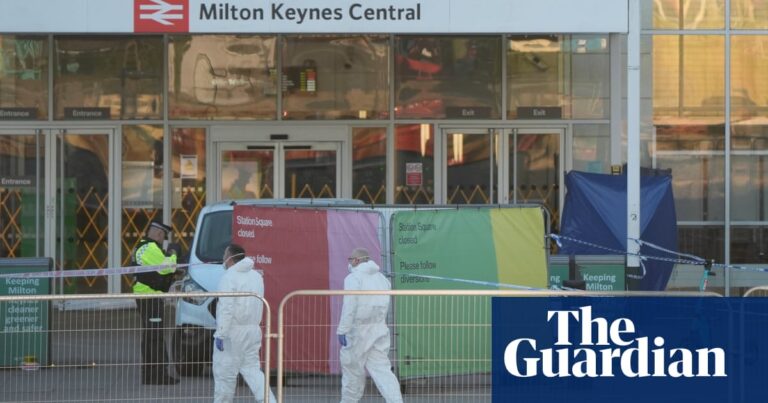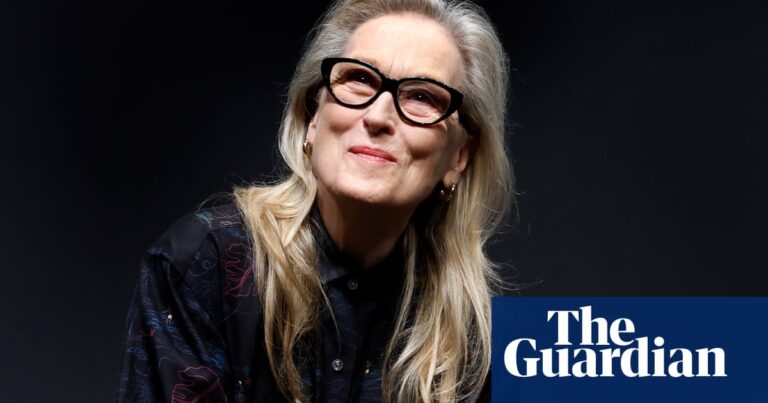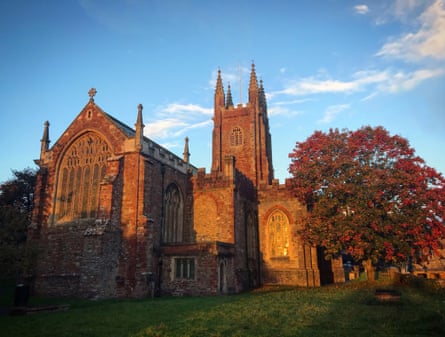
During a summit in Ghana this week, a worldwide effort has emerged to demand reparations for the impact of slavery. The African Union and Caribbean countries have joined forces to create a “united front” aimed at convincing European nations to provide compensation for their involvement in “historic mass atrocities”.
The collaboration between the 55-country African Union and the Caribbean Community (Caricom) consisting of 20 countries seeks to increase pressure on countries with a history of slavery to address the issue of reparations.
The delegates also declared the formation of an international fund located in Africa with the goal of expediting the campaign.
A preliminary statement was distributed at the conclusion of the four-day meeting which did not outline the exact nature of reparations, but declared that the African Union will investigate legal courses of action and collaborate with the United Nations to evaluate whether enslavement of Africans was a severe infringement of human rights during its occurrence. The finalized edition of this document, known as the Accra proclamation, is anticipated to be published this weekend.
Beginning the conference, the president of Ghana, Nana Akufo-Addo, stated: “The entire duration of slavery hindered our advancement in economics, culture, and mentality. There are countless narratives of families torn apart… The impact of these tragedies cannot be measured, but they must be acknowledged.”
He stated that the European nations involved in the slave trade should officially apologize to the entire continent of Africa. He also noted that no amount of money can undo the harm caused by the transatlantic slave trade and its aftermath. This is an issue that the world cannot continue to overlook and must address.
Representatives from the African Union met with officials from Barbados in July to initiate talks on collaborating with countries in the Caribbean.
Carla Barnett, the secretary general of Caricom, stated at the conference, “We are currently at a crucial turning point in the worldwide push for reparatory justice.” She emphasized the need for unity in advocating for reparations, stating, “It is essential that we speak with a unified voice in order to advance the demand for reparations.”
The British Foreign Office stated that one of their officials participated in the conference “as a routine diplomatic engagement”, however, the UK government remains opposed to the idea of providing reparations.
Earlier this year, Bell Ribeiro-Addy, a Labour MP, inquired about whether UK Prime Minister Rishi Sunak would apologize for the country’s involvement in slavery and colonialism and commit to reparatory justice. Sunak responded with a firm “no,” stating that while creating an inclusive and tolerant society is important, attempting to unravel our history is not the best approach and will not be a priority for the government.
The way he handles the situation is also supported by the current foreign secretary, David Cameron. During his term as prime minister in 2015, he visited Jamaica and recognized the cruelty of slavery in all its forms. However, he expressed his desire for us to overcome this painful past and move forward.
Progress has been achieved in other locations. The president of Germany, Frank-Walter Steinmeier, recently expressed regret for the colonial crimes committed by his country in Tanzania. In 2021, Germany officially recognized and apologized for committing genocide during its occupation of Namibia. Additionally, they announced financial assistance worth over £940m. In the previous year, the prime minister of the Netherlands, Mark Rutte, issued a formal apology on behalf of the Dutch state for their involvement in the slave trade, acknowledging it as a crime against humanity.
During a recent visit to Nairobi, King Charles recognized the “unacceptable and unjustifiable acts of violence” that were inflicted upon Kenyans during their fight for independence. However, he did not go as far as issuing a formal apology.
Delegates said they felt buoyed by evidence of growing willingness to accept the need to pay reparations – citing Glasgow University’s promise to pay £20m to atone for its historical links to the transatlantic slave trade, the Church of England’s pledge of £100m to “address past wrongs” after its investment portfolio was found to have historic links to the transportation of enslaved people, and also the new Heirs of Slavery movement, formed by descendants of some of Britain’s wealthiest enslavers, which supports the call for reparatory justice.
Ribeiro-Addy, who was present at the conference in Ghana and is the chair of an all-party parliamentary group on reparations, noted the significance of seeing the African Union and Caricom join forces. She emphasized that this is a major step forward and that their united stance sends a strong message that this issue can no longer be disregarded.
Barbados’s representative to Caricom, David Comissiong, and the deputy leader of the national taskforce on reparations, expressed that the recent events were of great significance and historic value. The progress made in establishing a global movement for reparations has been encouraging for many individuals.
On Friday, representatives went to Elmina Castle, a significant trading center for European slave trade in Ghana. It was a place where enslaved individuals were kept before being transported to the Caribbean, Brazil, and North America. During the 16th to 19th centuries, European countries forcibly took at least 12 million Africans and forced them into slavery on plantations.
The 10-point plan proposed by Caricom for reparatory justice includes requesting a formal apology, debt forgiveness, and investment in healthcare and education systems from former colonial powers. A recent report by the University of the West Indies, known as the Brattle report, estimated that the UK owes £18.8tn in compensation to Caribbean islands for the extensive exploitation endured over hundreds of years.
Source: theguardian.com



